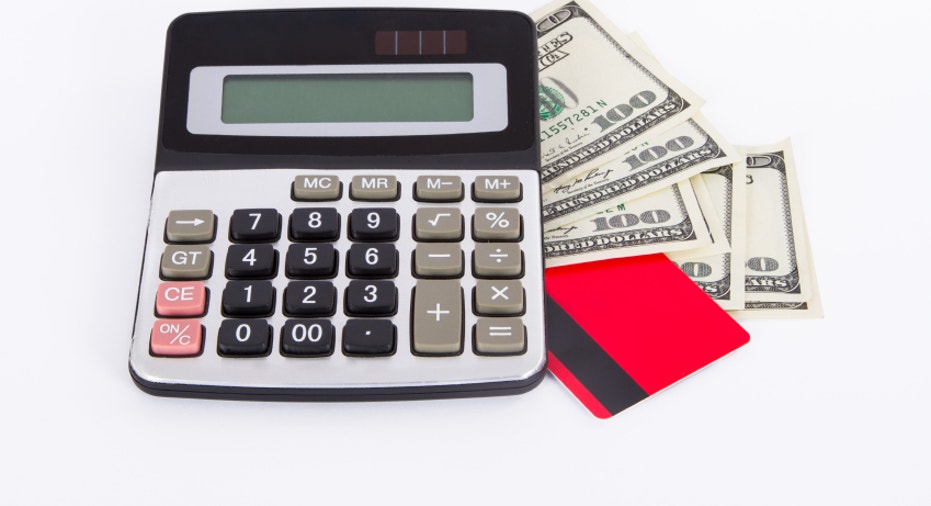How to Build Business Credit Separate from Personal Credit

Dear Your Business Credit,
Hello. I am an entrepreneur trying to build my business credit into a separate entity apart from my personal credit. Can you give some advice on how to do this, and a more immediate question: Will applying for a personal card ding my business credit?
- Sanjay
Dear Sanjay,
When entrepreneurs start thinking about their business as being financially separate from themselves, it's always a good sign. It shows that their mindset has shifted to growth. You can't "scale" a business past a certain point if its finances and credit are one and the same as those of the owner. Eventually, the business will need more financing than the owner may be able to support with his or her personal credit.
The first step to separating your business and personal finances is usually to open a business checking account. Use it to write checks to cover your business bills, and use the debit card for business purchases. Don't pay for any personal expenses with money from the business account until you have transferred it to your personal checking account to pay yourself for your work. And make sure you use your checking account responsibly. Keep it well funded and be careful about managing it, so you don't bounce any checks.
There's some legwork involved in getting a business bank account, as I discovered when I opened one myself. Your bank will likely require you to show that you have a federal Employer Identification Number (EIN) and to produce official documents showing that you incorporated the business or formed an LLC.
But opening a business checking account alone isn't enough to build a robust small-business credit profile. It is a good idea to open a business credit card and use it fairly often. Pay the bill on time and ideally, in full, every month, and don't max out the card.
Each credit bureau has its own criteria for evaluating the creditworthiness of a small firm, and usually they publish this information on their websites, so get familiar with them. D&B, for instance, looks at information such as payment and banking data from company suppliers; suits, liens and judgments; business registrations, incorporations and bankruptcy filings; information in your corporate financial reports and other data.
Experian says it looks at credit obligation information from your suppliers and lenders; legal filings from local, county and state courts and company background information from independent sources, including state filing offices, public records, credit card companies, collection agencies, corporate financial information and marketing databases.
As to whether applying for another personal card will hurt your access to business credit, that depends on your unique situation. Your personal credit report and business credit report are separate, but they may be linked. As Experian notes on its website, the Fair Credit Reporting Act allows lenders, under certain circumstances, to review someone's personal credit history for business lending purposes. This provision applies only to sole proprietorships, but these represent the vast majority of small businesses.
If you have used up a large portion of your available personal credit and apply for another personal card, it could conceivably ding your personal credit. A business lender might then notice that your personal credit score has declined and become less willing to extend business credit to you. To get a small business credit card or small business bank loan, you usually have to guarantee it personally. The lender can easily see that if you are maxing out your personal cards and the business hits a bump, you probably won't have the personal cash reserves to pay the business credit card bills or a business loan.
The situation would be different if, for instance, you have excellent credit, aren't anywhere near maxed out and open a new personal card. In in fact, if you kept the new card in your back pocket for emergencies but didn't use it or used it very little, you might actually improve your personal credit score. By expanding your pool of available credit but keeping the total dollar amount you borrowed the same, you'd be reducing your credit utilization, and that's generally a credit booster. This could help your case later if you applied for business credit and the lender looked at your personal credit.
See related: Can you build business credit without a Social Security number?, Do I need credit cards to build my business credit?, Can personal credit suffer due to old business debt?



















